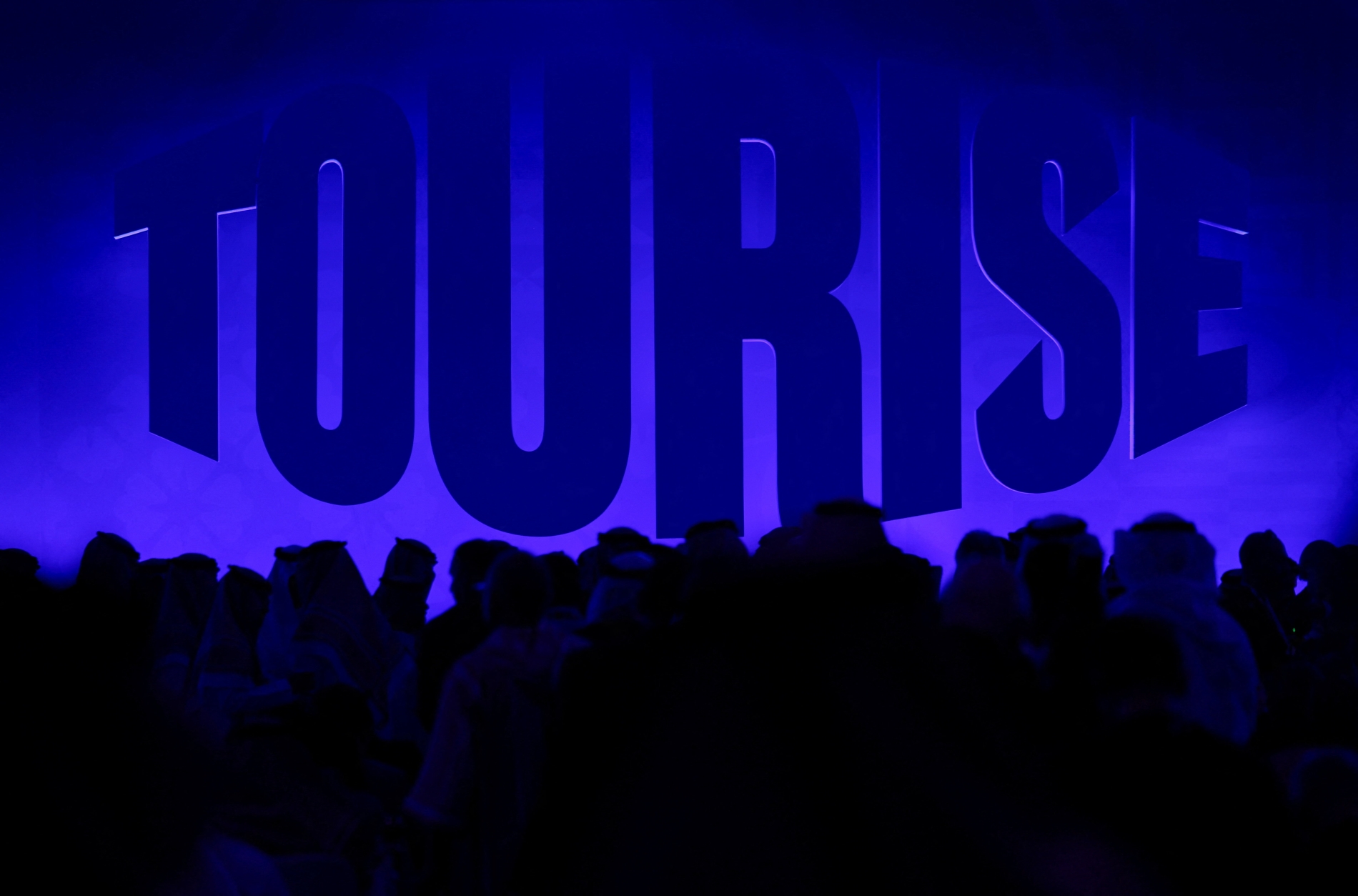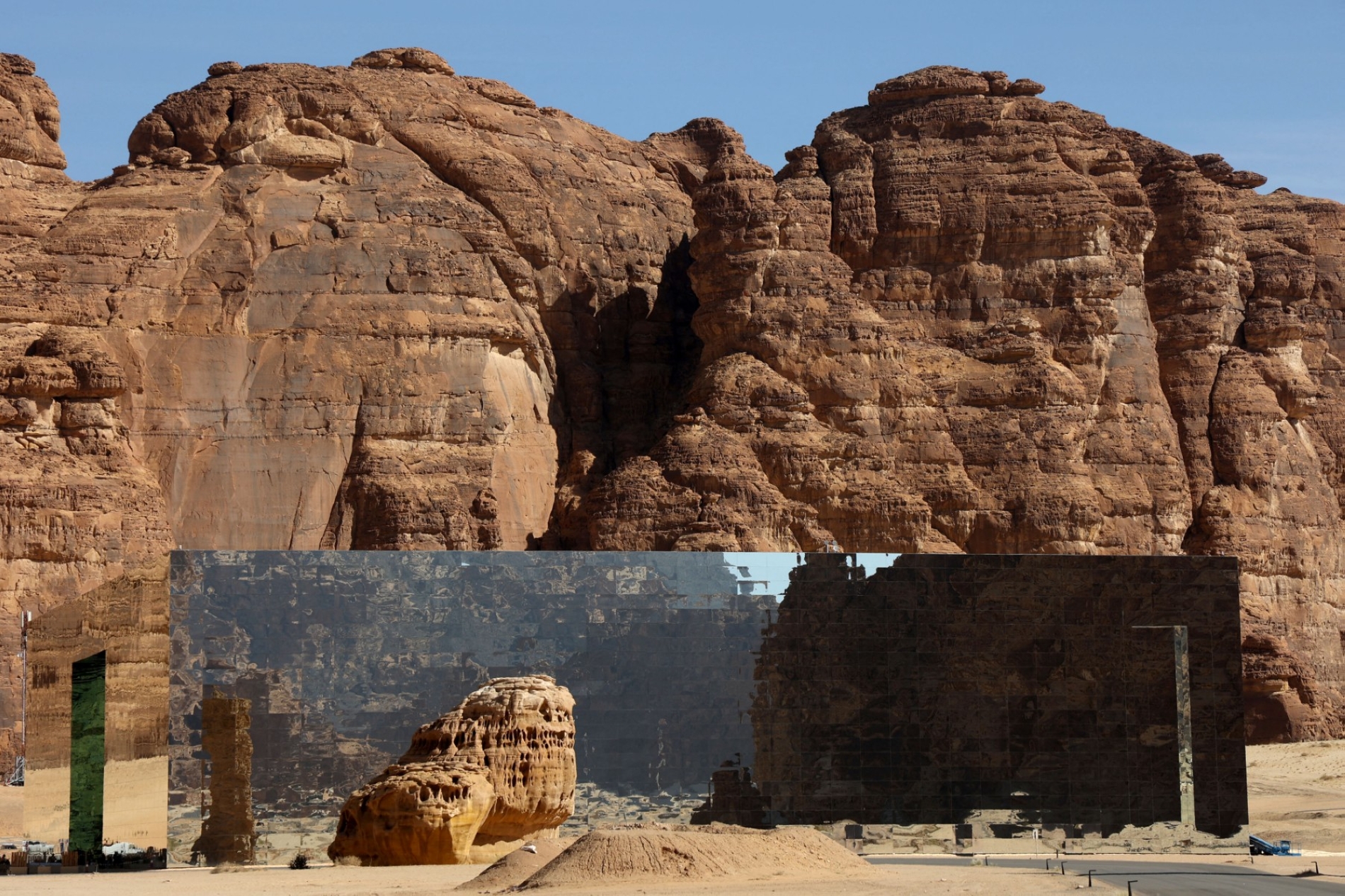Saudi Arabia held its first TOURISE Summit last week to facilitate opportunities to contribute to the sector’s growth and development both domestically and worldwide. The event, held in Riyadh, Saudi Arabia's capital, from 11 to 13 November, brought together public and private sector stakeholders in the hospitality sector. On the first day, it announced $113bn in investments spanning various areas related to the industry, including luxury retail, hotels, and professional development.
Tourism is an integral part of Saudi Arabia’s plan to diversify its economy, which currently relies on oil for around 40% of its revenue. According to its national vision, the country aims to record 70 million international tourist visits by 2030—more than double the number it received last year—and double the sector’s current contribution to the gross domestic product (GDP) to 10% by the same year.
To realise these ambitions, the government is pushing for a complete overhaul of the industry, which in the past was primarily dependent on religious tourism, with millions of Muslim pilgrims flocking to Mecca and Medina for Hajj and Umrah every year.
TOURISE kicked off on the heels of the 26th session of the United Nations Tourism General Assembly in Saudi Arabia and concluded with the adoption of the Riyadh Declaration on the Future of Tourism, which sets the foundation for international cooperation in the global tourism sector over the next 50 years.
“As we conclude this session in Riyadh, we move from declaration to implementation," Saudi Minister of Tourism Ahmed Al-Khateeb said, in reference to TOURISE.
“The agreements we have signed and the platforms we have launched will drive investments, develop human capital, advance digital transformation for small and medium enterprises, and protect cultural and environmental treasures.”

Putting in the work
For the better part of the past decade, Saudi Arabia has been implementing a wide range of reforms and multi-billion-dollar investments that have contributed to the revitalisation of the country’s tourism sector, including a significant construction wave across the country.
The hospitality sector in Saudi Arabia has been steadily growing, with 545,000 hotel rooms projected by mid-2025. It is expected to continue surging in tandem with forecasted increases in tourist numbers over the next five years.
Al Balad Development Co.—owned by the Saudi sovereign fund PIF, the main backer of the country's mega projects—announced a $3.6bn investment in Historic Jeddah, where it will add 3,300 hotel units. Other new projects are also poised to introduce thousands of new hotel rooms over the next years. International investors include global giants such as BWH Hotels, GOCO Hospitality, Cenomi, Radisson, and Earth Hotels.
These projects also include AI‑powered platforms. Saudi Arabia has already been integrating the technology in every aspect of its economy, from oil—with Aramco using AI tools for detection purposes—to health and tourism.
The Riyadh Declaration will serve as a framework for driving tourism towards Saudi Arabia's Vision 2030 goals, with a focus on sustainability, digital innovation, and the integration of artificial intelligence technologies.

Saudi Arabia’s rich ancient history and wondrous natural beauty continue to attract tourists. AlUla, for instance, is home to 2,000-year-old Nabataean tombs, while the Red Sea coast is renowned for offering top-notch beach and diving experiences. The launch of a luxury Red Sea megaproject, Amaala, was announced at the summit, which focuses on wellness.
Saudi Arabia is also heavily investing in culture, sports and entertainment, industries that are poised to grow in the coming years. In 2027, Saudi Arabia will become the first country outside the United States and Canada to host the WWE (World Wrestling Entertainment). It will also host the FIFA World Cup in 2034.
Additionally, the country's leadership is working to attract more foreign direct investment (FDI) and bolster the presence of multinational corporations in the country. Currently, foreigners are permitted to hold no more than a 49% stake in stock market firms in Saudi Arabia. However, ownership limits for listed companies will be scrapped next year, allowing foreign investors to hold majority stakes—another pivotal step towards positioning the country as a global business hub.
"Being able to own majority stakes could be attractive to foreign investors," Tim Callen, a visiting scholar at the Arab Gulf States Institute in Washington, told Al Majalla.












